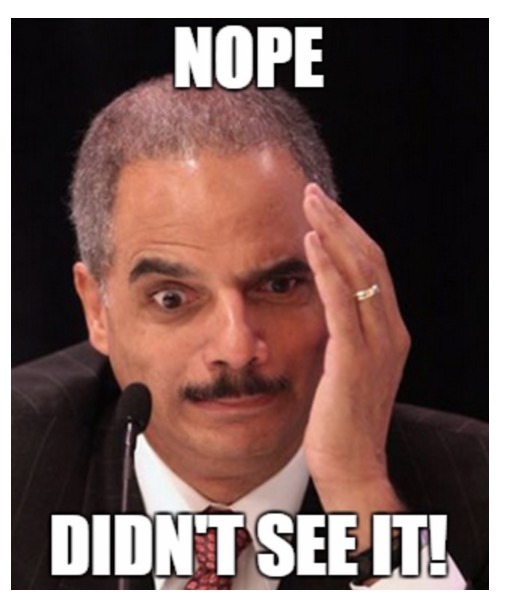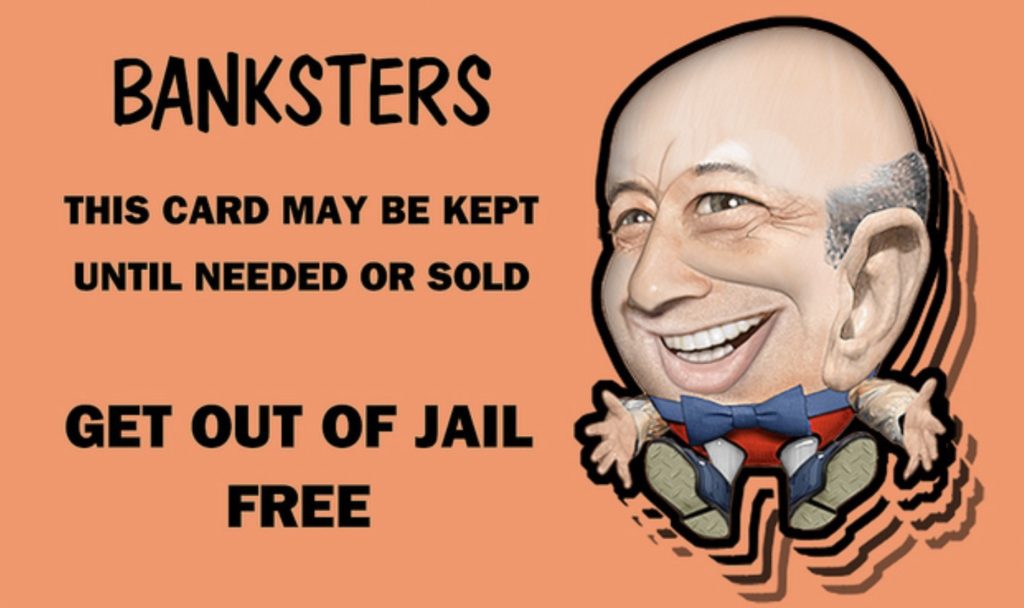
Like so many other cases of egregious financial fraud over the past several years, regulators used softball tactics to go easy on the banks. No bank was even forced to admit wrongdoing in the orders by the US Commodity Futures Trading Commission and the Office of the Comptroller of the Currency. Regulators avoided court and settled for cash, which the traders won’t pay – the bank’s shareholders will. Officials presented a minimal amount of evidence, lacking the full details of the traders’ misconduct. They sought no judicial review.
In short, banks got away with their crimes for a pittance; their stocks even rose on the news of the settlements because the market believes the trouble is over.
The DoJ has increasingly used a relatively new and declawed method to deal with the aftermath of the financial crisis: the deferred prosecution agreement (DPA).
No one goes to jail and no one ever gets prosecuted. Under a deferred prosecution agreement, the Justice Department allows corporations to pay a fine, then agree to some enhanced supervision and monitoring. The Justice Department appears to admit this in the US Attorney’s manual, when they describe these deals as “agreements not to enforce the law under particular conditions”.
Each deferred prosecution agreement is negotiated individually. There is no thought to creating a future record: no trials, no jury verdicts, no appellate court decisions, no case law and no binding precedent. This makes it impossible to determine the boundaries of the law. The same conduct can be treated differently, depending on the prosecutor.
– From the post: The U.S. Department of Justice Handles Banker Criminals Like Juvenile Offenders…Literally
Pulitzer-Prize winning journalist Jesse Eisinger is currently on leave from his day job as he finishes a book about “white collar crime & (non)punishment.” He recently sat down with ProMarket to discuss some of what he’s learned.
What follows are some choice excerpts, but I also suggest reading the entire thing here:
Read more
Follow me on Twitter.





